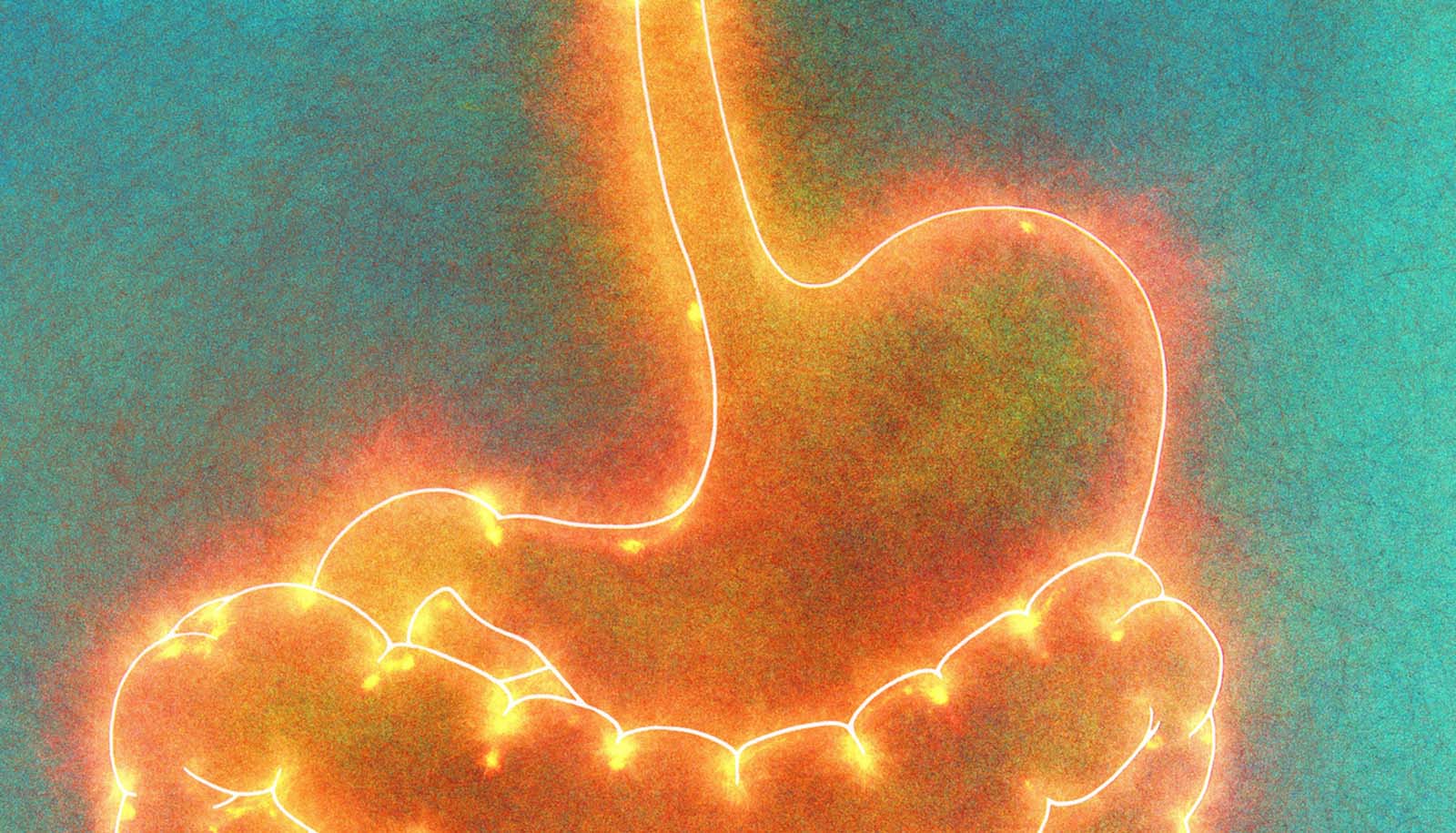Scientists now know the biochemical signal that tells crowded cancer cells to break away from tumors and start the deadly migration called metastasis.
They also discovered that two existing drugs used in combination can disrupt the process and appear to significantly slow cancer cells’ tendency to travel.
The findings are important, researchers say, because metastasis causes 90 percent of cancer deaths, and anything that derails this activity could improve patient outcomes.
“We found that it was not the overall size of a primary tumor that caused cancer cells to spread, but how tightly those cells are jammed together when they break away from the tumor,” says Hasini Jayatilaka, a postdoctoral fellow at Johns Hopkins University’s Physical Sciences-Oncology Center.
“At a fundamental level, we found that cell density is very important in triggering metastasis. It’s like waiting for a table in a severely overcrowded restaurant and then getting a message that says you need to take your appetite elsewhere,” says Jayatilaka, lead author of the study in the journal Nature Communications.
Bubble pushes 1 cancer cell from device at a time
The two key drivers of metastasis are cancer cells’ tendency to reproduce at a rapid rate and their ability to move through surrounding tissue until they reach the bloodstream, where they can then hitch a ride to spread the disease to other parts of the body.
Studying tumor cells in a 3D environment that resembles human tissue, the researchers were able to determine how the cancer migration begins. As two types of cancer cells reproduced and created more crowded conditions in the test site, they secreted proteins identified as Interleukin 6 and Interleukin 8.
“IL-6 and IL-8 seem to deliver a message to cancer cells, telling them to move away from the densely populated primary tumor,” says Jayatilaka, who recently earned her doctorate at Johns Hopkins in chemical and biomolecular engineering.
No commercial drugs are now being produced specifically to inhibit metastasis because drug companies believe the best way to stop cancer from spreading is to destroy the primary tumor from which it originates, says senior author Denis Wirtz, professor of chemical and biomolecular engineering, materials science, pathology and oncology and director of the Physical Sciences-Oncology Center.
“The pharmaceutical companies view metastasis as a by-product of tumor growth. Our study looked more closely at the steps that actually initiate metastasis.”
How Stone Age travel could clarify metastatic cancer
Animal studies show that combining two existing drugs—Tocilizumab and Reparaxin—blocks the receptors where cancer cells get their chemical relocation orders. Tocilizumab is an approved medication for rheumatoid arthritis and is in trials for use in ovarian cancer. Reparaxin is being evaluated as a possible treatment for breast cancer.
“In our eight-week experiment, when we used these two drugs together, the growth of the primary tumor itself was not stopped, but the spread of the cancer cells was significantly decreased,” Jayatilaka says. “We discovered a new signaling pathway that, when blocked, could potentially curb cancer’s ability to metastasize.”
The researchers caution that the treatment was tested in animal models and appears promising, but has not yet been tried on human cancer patients.
Other members of the team were from Johns Hopkins, Yale University, and the National Cancer Institute. Funding came from the NCI.
Source: Johns Hopkins University



